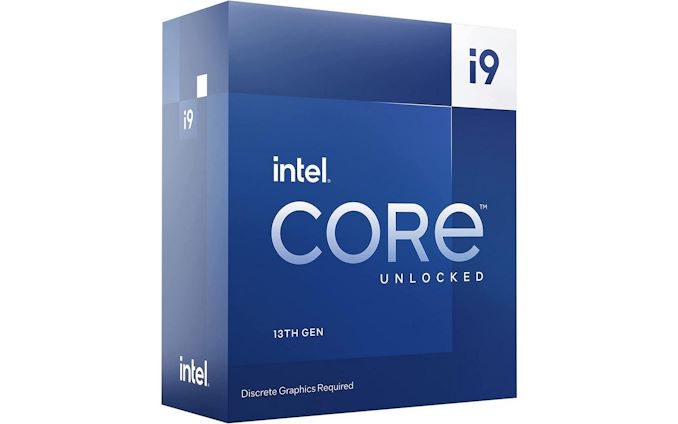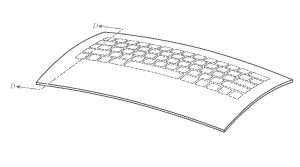
Capping off an extensive (and expensive) week for Intel, the company has also announced that they are taking additional steps to address the ongoing chip stability issues with desktop Raptor Lake chips – the 13th and 14th Generation desktop Core processors. In order to keep owners whole, Intel will be extending the warranty on retail boxed Raptor Lake chips by two years, bringing the cumulative warranty for the chips to five years altogether.
This latest announcement comes as Intel is still in the process of preparing their major Raptor Lake microcode update, which is designed to mitigate the issue (or rather, further damage) by fixing the elevated voltage bug in their existing microcode that has led to the issue in the first place. That microcode update remains scheduled for mid-August, roughly a couple of weeks from now.
But until then – and depending on how quickly the update is distributed, even afterwards – there is still the matter of what to do with Raptor Lake desktop chips that are already too far gone and are consequently unstable. Intel’s retail boxed Raptor Lake chips ship with a 3 year warranty, which given the October 2022 launch date, would have the oldest of these chips covered until October of 2025 – a bit over a year from now. And while the in-development fix should mean that this is plenty of time to catch and replace any damaged chips, Intel has opted to take things one step further by extending the chips’ warranty to five years.
Overall, this is much-needed bit of damage control by Intel to restore some faith in their existing Raptor Lake desktop processor lineup. Even with the planned microcode fix, it remains unclear at best about what the long-term repercussions of the voltage bug is, and what it means for the lifespan of still-stable chips that receive the fixed microcode. In the best-case scenario, an extended warranty gives Raptor Lake owners a bit more peace of mind, and in a worst-case scenario, they’re now covered for a couple of years longer if the chip degradation issues persist.
One important thing to note, however, is that the extended warranty will only apply to boxed processors, i.e. Intel’s official retail chips. Intel’s loose chips that are sold by the tray to OEMs and certain distributors – commonly referred to as “tray” processors – are not covered by the extended warranty. While Raptor Lake tray processors do technically come with a three-year warranty of their own, Intel does not provide direct, end-user warranty service for these chips. Instead, those warranties are serviced by the OEM or distributor that sold the chip.
With the bulk of Intel’s chips going to OEMs and other professional system builders, Intel will undoubtedly need to settle things with those groups, as well. But with OEM dealings typically remaining behind closed doors, it’s unlikely we’ll hear about just what is agreed there. Regardless, whatever Intel does (or doesn’t do) to assuage OEMs and distributors, those groups will remain responsible for handling warranty claims for tray chips.
Finally, it should be noted that while today’s announcement outlines the two-year warranty extension, it doesn’t deliver the full details on the program. Intel expects to release more details on the extended warranty program “in the coming days.”
Intel’s full statement is below:
Intel is committed to making sure all customers who have or are currently experiencing instability symptoms on their 13th and/or 14th Gen desktop processors are supported in the exchange process. We stand behind our products, and in the coming days we will be sharing more details on two-year extended warranty support for our boxed Intel Core 13th and 14th Gen desktop processors.
In the meantime, if you are currently or previously experienced instability symptoms on your Intel Core 13th/14th Gen desktop system:
- For users who purchased systems from OEM/System Integrators – please reach out to your system manufacturer’s support team for further assistance.
- For users who purchased a boxed CPU – please reach out to Intel Customer Support for further assistance.
At the same time, we apologize for the delay in communications as this has been a challenging issue to unravel and definitively root cause.
–Intel Community Post
Additional Details on Via Oxidation Issue
Separately, Intel’s community team also posted a brief update on the via oxidation issue that, although distinct from the current Raptor Lake instability issues, came into question at roughly the same time. Intel has previously stated that that issue is unconnected to the ongoing stability issues, and was fixed back in 2023. And this latest update offers a few more details on just what that manufacturing issue entailed.
The Via Oxidation issue currently reported in the press is a minor one that was addressed with manufacturing improvements and screens in early 2023.
The issue was identified in late 2022, and with the manufacturing improvements and additional screens implemented Intel was able to confirm full removal of impacted processors in our supply chain by early 2024. However, on-shelf inventory may have persisted into early 2024 as a result.
Minor manufacturing issues are an inescapable fact with all silicon products. Intel continuously works with customers to troubleshoot and remediate product failure reports and provides public communications on product issues when the customer risk exceeds Intel quality control thresholds.
-Intel Community Post




